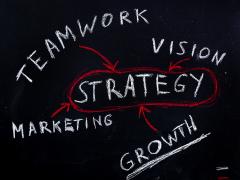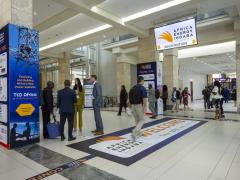Werner Joubert, Commercial SYS Director (South Africa & SADC) at ASUS, examines AI's functional fit into workplaces everywhere.

AI isn't replacing people; it's supporting them by automating routine tasks and freeing up capacity for higher-value work.
According to a Google–Ipsos survey, more than half of South Africans report having used generative AI in the past year.
Everyday efficiency, real-world application
AI enables organisations to do more with less by cutting inefficiency and accelerating processes. Key domains include:
- Staff scheduling that considers availability, skillsets, and customer demand
- Virtual customer agents offering 24/7 response capability
- Automated finance workflows for billing, reconciliations, and reporting
- Generated content—tailored marketing assets, blog posts, and dashboards
These use cases scale easily across businesses of all sizes with off-the-shelf platforms.
AI tools you already use
Many high-impact AI functions are already embedded in common products:
- Google Gemini: DeepMind's multimodal model powers smarter drafts, code suggestions, and brainstorming in Gmail, Docs, and more
- Midjourney: Fast and flexible image generation for designers and marketers
- Microsoft Copilot: Brings summarisation, automation, and data ideas directly into 365 apps and Windows workflows
On the hardware side, PCs like those from ASUS now include Neural Processing Units (NPUs) for efficient, local AI execution.
Adoption: from hype to alignment
The question is no longer if to adopt AI, but how to embed it meaningfully:
- Reduce repetitive admin tasks
- Improve customer-facing responsiveness
- Launch quick, data-driven content workflows
- Support decision-making with real-time assistance
AI works best when aligned with actual workflows—not as a showpiece, but as a trusted operational assistant.
Looking ahead: smarter, not bigger
AI won’t level the playing field—it will shift it. The advantage will go to those who integrate tools thoughtfully, focusing on strategic impact—not shiny novelty.
For South African companies, the opportunity lies in enhancing what they already do well—boosting quality, speed, and adaptability without overhauling systems. AI isn’t a luxury; it’s becoming a practical enabler of resilience and innovation.














